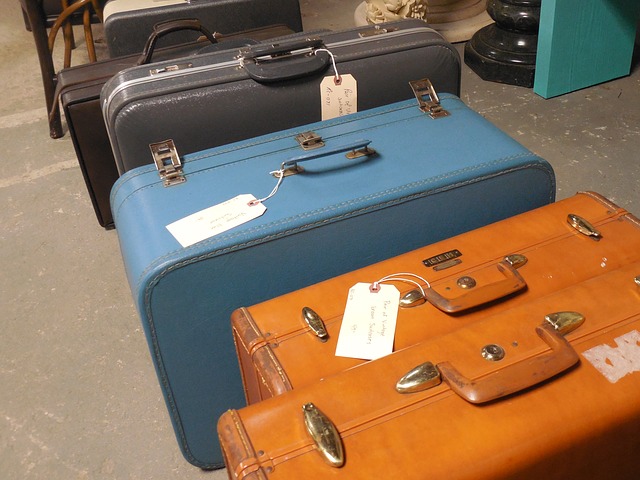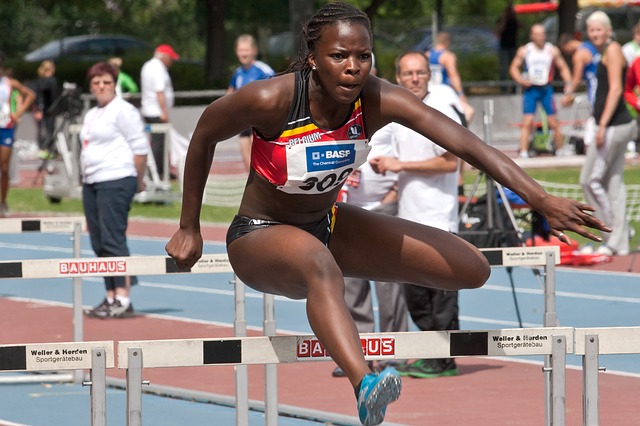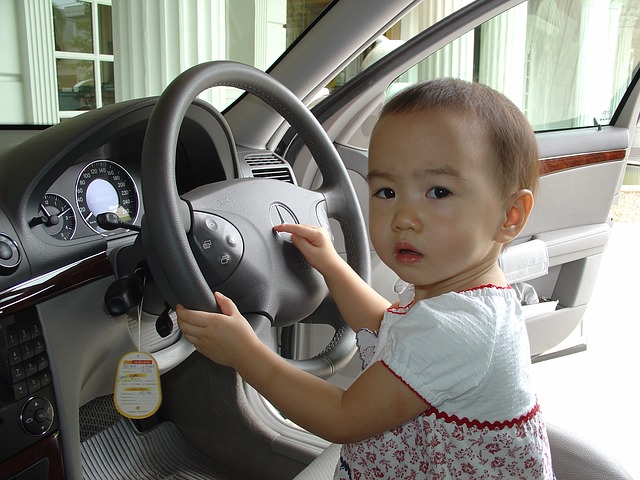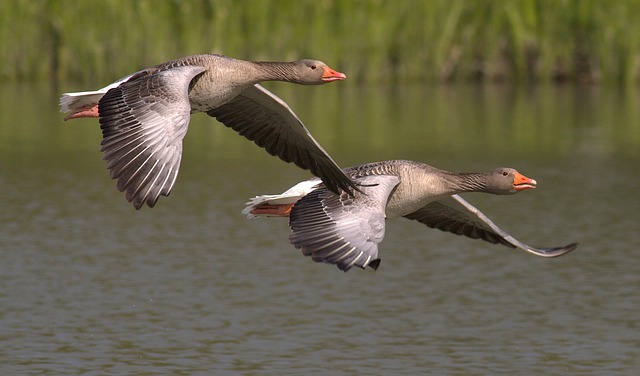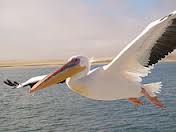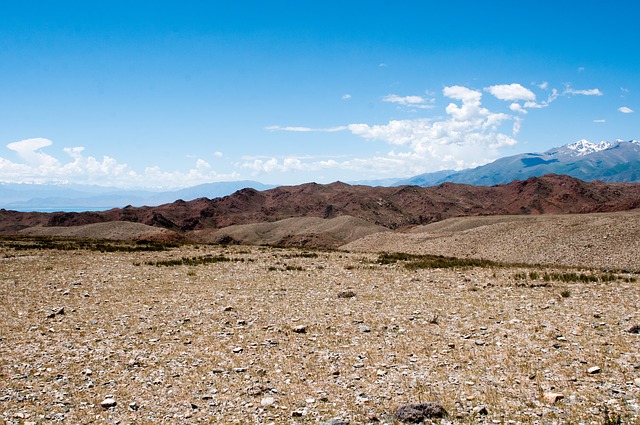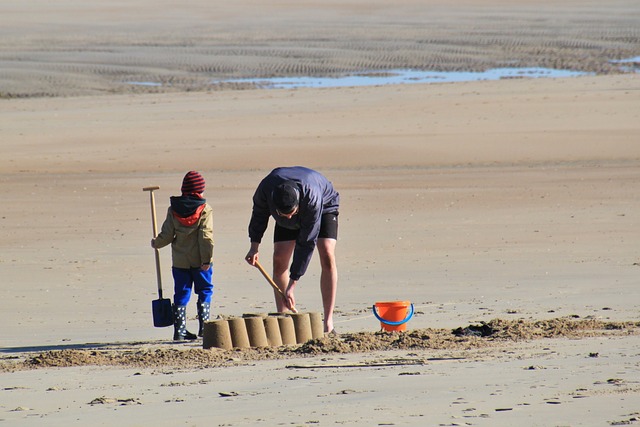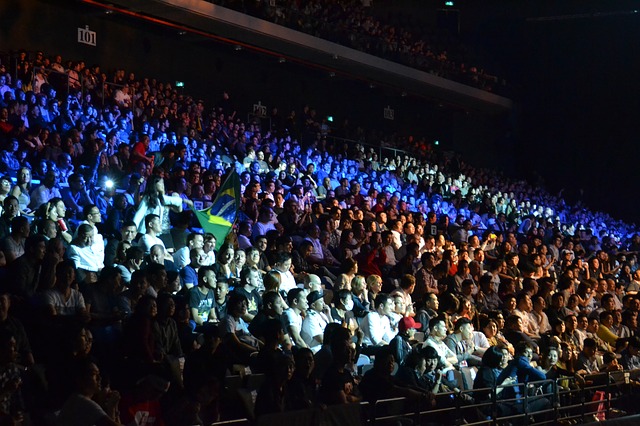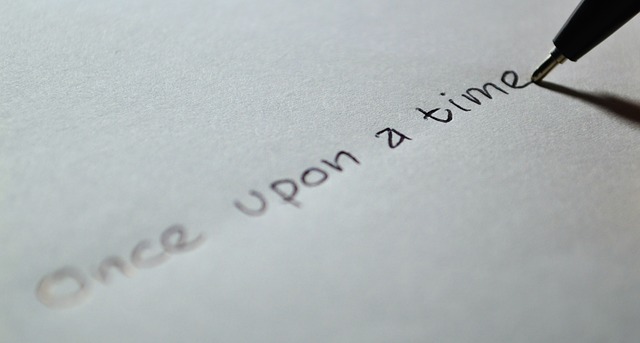Level 2 verbs – Unit 01

accept: to say yes to an offer
We accepted their invitation to dinner.
They told the letter carrier they don’t accept junk mail.
appreciate: to be thankful for something you are given
Thanks again. I really appreciate all your help.
She appreciates it when her family visits her in the hospital
borrow: to take and use something for a short time that’s not yours
Could I please borrow your cell phone.
Her sister often borrows her clothes without asking.
cure: to make (someone) healthy again
He cured his cold with vitamin C and plenty of water.
The doctor cured his patient of a nasty rash.
entertain: to do something that people enjoy
The mime entertained the crowd for hours.
She entertained her children by playing a game with them.
gain: to get more
She knew that she had gained weight over the holidays.
What do you have to gain by that action?
head: to go
If the alarm sounds, head for the nearest exit.
The soldier headed in the direction of the gunfire.
irritate: to bother someone a lot
I can’t use that cream because it irritates my skin.
Their loud Saturday night parties irritate us.
memorize: to learn (something) by repetition
He quickly memorized her phone number.
We have to memorize our lines for the play.
permit: to allow, to give permission
Many parents permit their children to stay up later on Friday nights
The police would not permit them to walk in the street.
promise: to do what you say you’re going to do
She promised to never leave him.
Do you promise not to laugh when I tell you my story?
recognize: to know (something) from an earlier time
I recognize that music. It’s Beethoven, isn’t it?
The old man didn’t recognize his own daughter.
switch: to replace one thing with another, to exchange
Let’s switch seats. I can’t see the screen very well.
I don’t like this toothpaste. I’m going to switch to another brand.
suffer: to feel pain for a long time
She suffers from migraine headaches.
Many teenagers suffer from not enough sleep.
warn: to tell (someone) about a future danger
A sign warned motorists that there was black ice on the road.
He warned her not to go out after dark.
Pronunciation Exercise: Listen and repeat the above vocabulary on the audio file below.
Use these flashcards to help you study.
